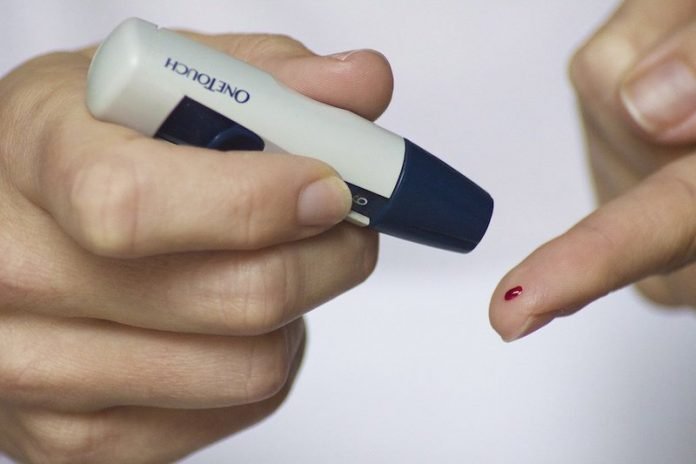
In a new study from the University of Gothenburg, researchers found that people with type 2 diabetes are at a much higher risk of needing intensive care if they get COVID-19.
They also found increased mortality from COVID-19 among type 2 diabetics.
In Sweden, about half a million people have diabetes, and 90% of them have type 2.
In the study, the team examined the number of new cases and the likelihood of hospitalization, intensive care and mortality due to COVID-19 in people with diabetes.
They compared diabetics with controls without diabetes, matched in terms of age, gender, and region, who were randomly selected from the population.
Altogether, the study comprised 2.6 million individuals in Sweden, 500,000 of whom were registered as diabetic.
The team found that type 2 diabetics’ risk of being hospitalized for COVID-19 was 1.4 times that of non-diabetics. That is a 40% higher risk.
Even with extensive adjustment for disturbance factors, a much-increased risk of intensive care for patients with COVID-19 (1.4 times higher) and of mortality due to COVID-19 (1.5 times higher) was noted in people with type 2 diabetes, compared with matched controls.
For type 1 diabetics, a much higher risk was noted for all outcomes. On the other hand, no strong excess risk was noted for outcomes in statistical models with full adjustment for risk factors.
The study, which ran from 1 January to 15 August 2020, was funded by the Swedish Heart Lung Foundation.
The team says research in the area of diabetes has been highly successful, with new treatment methods and drugs. But the number of people with diabetes is rising in Sweden.
They hope these new research findings will be able to help save more lives.
If you care about diabetes, please read studies about whole body vibration could help reduce inflammation in diabetes and findings of this medicine could help people with diabetes lose weight, reduce HbA1c.
For more information about diabetes treatment and prevention, please see recent studies about what you should know about diabetes and your foot health and results showing that this Indian herb may help fight diabetes.
The study is published in The Lancet Regional Health—Europe. One author of the study is Aidin Rawshani.
Copyright © 2021 Knowridge Science Report. All rights reserved.



